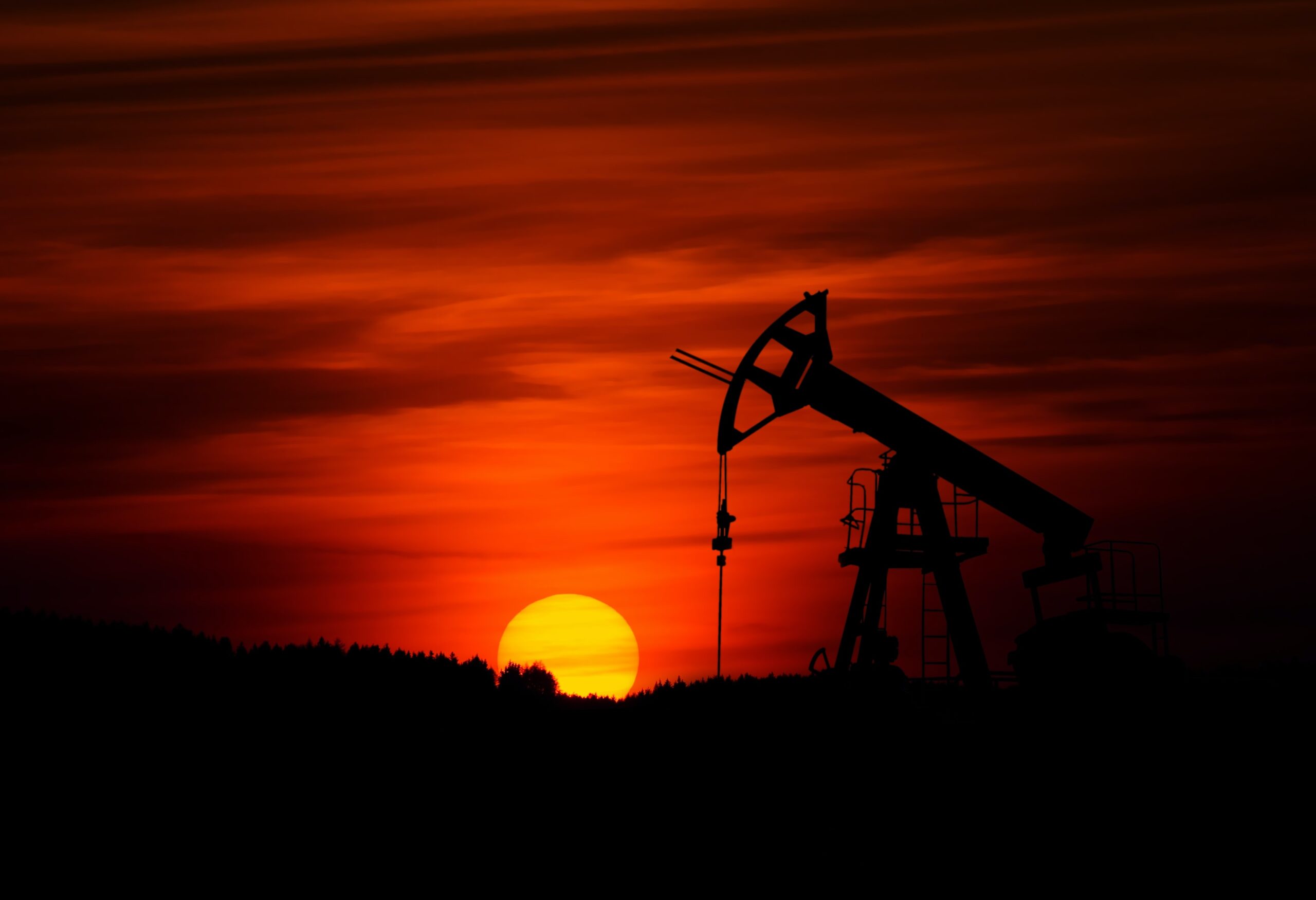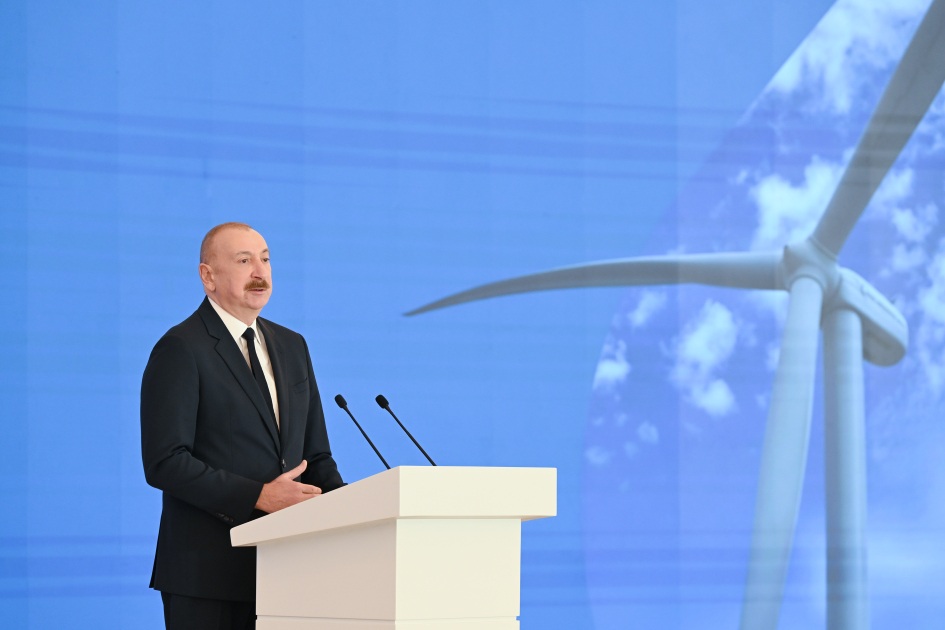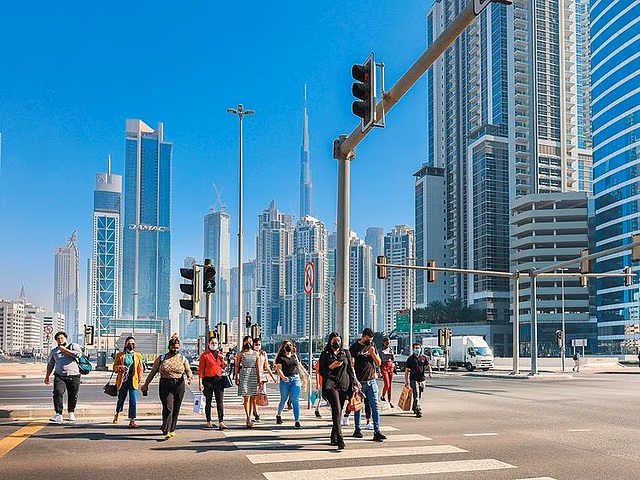
The outbreak of COVID-19 has given the entire world a reality check with regards to over consumption especially when it leads to greater pollution. Global Warming has never been more relevant an issue than it at this given time.
By Lara Issa
The fact that pollution levels have drastically decreased due to our controlled consumption shows that years of over consumption could indeed lead to the destruction of humanity.
Energy is a key enabler of growth and prosperity to the global economy. The stability of global energy markets is crucial because ensuring its stability could reap great rewards to nurture modern industry and society. It is particularly difficult to understand the process of Crude oil as its price depends on a wide array of factors, some of which include geopolitics and demand. It has become apparent that right now, these two factors have had an immense effect on its price.
The political economy of any given country or the global geopolitical landscape could drive change with gradual shifts without the need for a dramatic shock to the market which COVID-19 has brought with it.
It is no surprise that COVID-19 has caused some serious damage to the global economy. The rapid decrease in oil prices is in fact a bilateral effect of both decreased consumption and supply glut which could have been pandemic-induced.
Decrease in demand
Since the majority of the world has been forced into lockdown, people have been working and studying from home. This, coupled with the closure of most recreational places to further social distancing initiatives, has caused a tremendous decrease in demand for oil, whilst supply is still the same.
Such measures have had a severe effect on the oil market causing a historic demand shock which essentially led to extreme volatility in oil prices. Due to this, in late March this year, oil prices dropped to below $20/b. This was the lowest it had ever been in almost 18 years. They essentially lost over 60% of their value in the first-quarter of 2020.
This brings to question whether oil is worthless in a society without consumption.
Crude oil is at the very heart of the global economy. We rely on it for all our essential services in one way or another. Logistics and transportation are highly reliant on oil and the world is yet to figure out a way to support logistics and transport without the use of oil.
Logistics is an essential part of the economy and our lives because it involves how we receive medical kits, medication, food items, medical staff, and the list goes on- all of which rely on oil in order to reach us.
Albeit many have argued that any commodity would be worthless without consumption, in the case of crude oil, I feel that it is not worthless and that this will remain to be the case in the near future until it has been replaced with something else.
It is has been proven to be less worthy in recent months due to the slowdown or temporary halt in manufacturing and transportation which has seeped its way into practically every single sector. However, given the cyclic nature of the crude oil market and its history, it is no doubt that we will see a rebound in the sector in the months to come.
Pandemic-induced damage
As of yet, international oil market analysts have been reluctant to forecast the extent of the pandemic-induced damage on demand due to travel restrictions. “The most fundamental issue the oil industry currently faces is COVID-19, and it is much too early to conceptualize what its impact is and how it may metastasize,” said global energy expert, Justin Dargin from the University of Oxford in reference to the matter.
He added, “The disintegration of the OPEC+ consensus is a politicized supply-side issue that can be resolved by round tables and diplomatic couriers. The potential collapse of global demand, however, is due to what is- as the insurance industry terms it- an act of God.”
OPEC+, the intergovernmental cartel of oil producers, which stands for the Organization of the Petroleum Exporting Countries, includes: Iran, Iraq, Kuwait, Saudi Arabia, Venezuela, Qatar, Indonesia, Libya, the United Arab Emirates, Algeria, Nigeria, Ecuador, Gabon, Angola, Equatorial Guinea and Congo.
A statement issued by OPEC’s Secretary General, HE Mohammad Sanusi Barkindo on the matter read: “The global oil market showed relative stability and ended 2019 on a positive note, despite economic headwinds and high uncertainties regarding ongoing trade disputes, Brexit and geopolitical developments throughout the year. At the beginning of 2020, there were signals that the economy would rebound from the slowdown in the second half of the previous year, with global economic activity, including global trade and industrial production, expected to pick up.
Adding that, “… despite strong growth in non-OPEC production, the global oil market remained well balanced, owing to the strong conformity of OPEC and participating non-OPEC producing countries in the Declaration of Cooperation (DoC) of an exceptionally high 145% in 2019, which played a major role in improving oil market conditions and market stability.”
New global energy body
Should a new energy body be established to promote stability? This may well be the time for a new order in this market, a body which will oversee the basis of market forces whilst ensuring the stability of both the economy and the environment.
Transitioning in the field of energy is not easy feat. The progress has been quite slow due to the issue that it brings about such as potential unemployment and financial constraints of transitioning. If this transition is not handled well, then it could indeed be accountable for the loss of jobs in oil and gas, coal mining and their supply chains causing many companies to reach bankruptcy which would
then affect dividends for stakeholders involved.
Now more than ever, there is an opportunity to reconfigure this landscape and reboot the system through investing in a recovery that could essentially accelerate the transition to more sustainable energy options.






